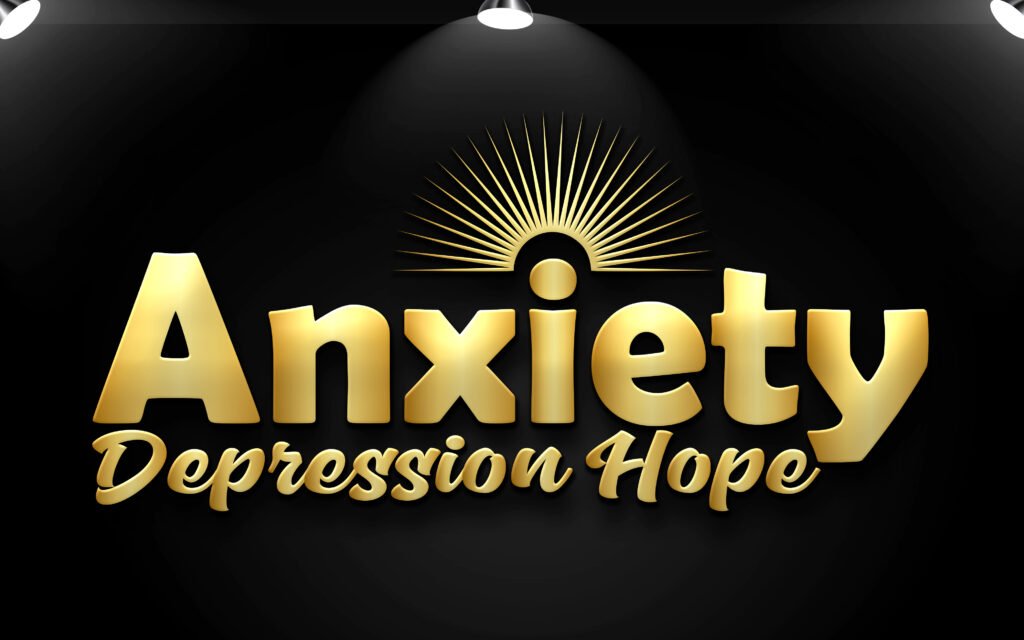Understanding the Rise of Anxiety and Depression Among Young People
The Paradox of Progress: Access vs. Well-Being
The contemporary landscape presents a curious paradox: while young people today have unprecedented access to technology, information, and opportunities, they simultaneously report rising levels of anxiety and depression. This contrast raises essential questions about the relationship between progress and mental well-being. In an era where smartphones provide instant connections, social media platforms enable global interaction, and educational opportunities abound, one might expect that these advancements would correlate positively with mental health outcomes. However, research suggests otherwise, highlighting that greater access does not necessarily equate to improved well-being.
A significant factor contributing to the mental health crisis among the youth is the overwhelming pressure to maintain a curated online persona. The pervasive nature of social media amplifies a culture of comparison, where individuals often measure their self-worth against meticulously crafted images of others’ lives. This cycle can lead to feelings of inadequacy, self-doubt, and isolation, which may exacerbate underlying mental health issues. Additionally, the constant connectivity afforded by technology, while beneficial for fostering relationships, can also hinder genuine human interactions, creating a sense of disconnection among peers.
Moreover, the availability of resources and information can create a paradoxical effect; as young people are inundated with an abundance of advice and tools for self-improvement, they may face an overwhelming burden of expectations. The pressure to excel academically, socially, and personally can lead to anxiety, contributing further to the prevalent mental health challenges. As young individuals grapple with the demands of modern life, they often find it increasingly difficult to manage their emotions effectively.
In light of these complexities, it is crucial to analyze how societal advancements intended to enhance quality of life may, in reality, contribute to a mental health crisis among young people. Understanding this paradox allows for a more nuanced approach to addressing anxiety and depression, paving the way for more effective interventions and support systems in the future.
Unpacking the Causes: A Complex Web of Influences
The rising prevalence of anxiety and depression among young people is a pressing concern, rooted in a multitude of interconnected factors. One significant influence is the mounting societal pressure to succeed. Young individuals today are often caught in a relentless race for academic and professional achievements. This constant drive for excellence can create an environment steeped in stress, where the fear of failure looms large, exacerbating feelings of anxiety.
Moreover, social media has become a double-edged sword. While it offers a platform for connection, it frequently contributes to detrimental comparisons and unrealistic portrayals of life. Young people are continuously exposed to curated highlights of peers’ lives, which are often unattainable. This persistent comparison fosters inadequacy and low self-esteem, vital components in the development of anxiety and depression.
Genuine social connections are also vital for psychological well-being. The rise of digital communication, while convenient, often lacks the depth of face-to-face interactions. Young individuals may find themselves in isolation, deprived of meaningful relationships that provide emotional support. The absence of these connections can severely impact mental health, making it difficult to manage stress and anxiety.
Additionally, environmental and societal stressors play a substantial role in the mental health landscape. Economic uncertainties, evolving job markets, and geopolitical tensions can create a pervasive sense of instability. Furthermore, a lack of spiritual grounding or purpose in life can heighten feelings of emptiness and exacerbation of depressive symptoms. Biologically, factors such as poor diet and inadequate exercise have been linked to mood disorders, highlighting the importance of a healthy lifestyle in mitigating anxiety and depression.
In examining these causes, it is evident that the interplay of societal influences, technological impacts, and individual choices creates a complex web that significantly affects the mental health of young people today.
The Urgency of Addressing the Crisis
The mental health crisis among young people has reached alarming proportions, necessitating immediate attention and action. Recent studies indicate a significant rise in anxiety and depression among adolescents and young adults, with many factors contributing to this unsettling trend. Notably, the suicide rates within this demographic have surged dramatically. According to the Centers for Disease Control and Prevention (CDC), suicide is now the second leading cause of death for individuals aged 10 to 24. This statistic underscores an urgent need for society to confront the escalating mental health issues faced by young individuals.
Furthermore, untreated depression continues to be a prevalent concern, showing devastating implications for not only the individual but also for families and communities. The impacts of untreated mental health conditions extend beyond the personal realm, affecting educational achievement, employment opportunities, and social relationships. Young people grappling with anxiety and depression often find it challenging to perform academically, leading to higher dropout rates and diminished prospects for the future. This not only affects their potential but also places an economic burden on society at large.
Societal stigma surrounding mental health issues often prevents young individuals from seeking the help they desperately need. Inaction perpetuates a cycle of suffering that remains hidden beneath the surface, further deteriorating the mental well-being of countless youths. Effective intervention strategies must be prioritized at every level, from schools implementing mental health education programs to policymakers advocating for improved access to mental health services. Each step taken towards addressing this crisis helps cultivate an environment where young people feel supported and empowered to manage their mental health proactively.
Hence, the urgency of addressing the mental health crisis among young people cannot be overstated. We must recognize the gravity of the situation and work collectively to advocate for the changes necessary to protect and support the future generation.
Finding Hope: Resources and Support for Mental Health
As awareness surrounding the issues of anxiety and depression among young individuals grows, it is equally important to recognize the available resources that can provide support and encouragement during difficult times. One notable platform, anxietydepressionhope.com, emphasizes the importance of mental health and offers a variety of tools designed to help individuals navigate their challenges.
This platform serves as a valuable resource, focusing on fostering understanding and connection through community engagement. The mission of anxietydepressionhope.com revolves around creating a supportive environment where young people can share their experiences and find hope. By emphasizing mental health awareness, the platform seeks to dismantle the stigma that often prevents individuals from seeking help, offering a safe space to discuss feelings without fear of judgment.
In addition to fostering community connections, the website provides practical guidance for managing anxiety and depression. Resources include self-help articles, coping strategies, and access to professional support services. These elements are vital for empowering young people to take charge of their mental well-being. Efforts made by the site illustrate that reaching out for help is a vital step in the journey toward recovery. The importance of recognizing one’s own struggle cannot be overstated, as vulnerability can often lead to strength.
Furthermore, anxietydepressionhope.com pledges to continually expand its content, addressing various facets of mental health and providing ongoing support to its audience. The platform encourages users to engage with upcoming materials aimed at facilitating discussions on these critical issues. By choosing to explore these resources, individuals can enhance their awareness and understanding of mental health challenges, ultimately promoting a culture of support and resilience among young people facing anxiety and depression.




